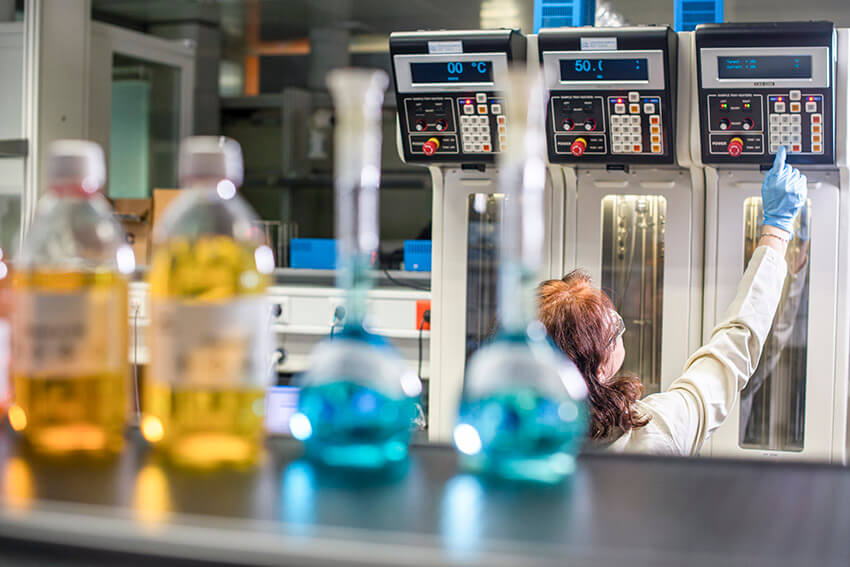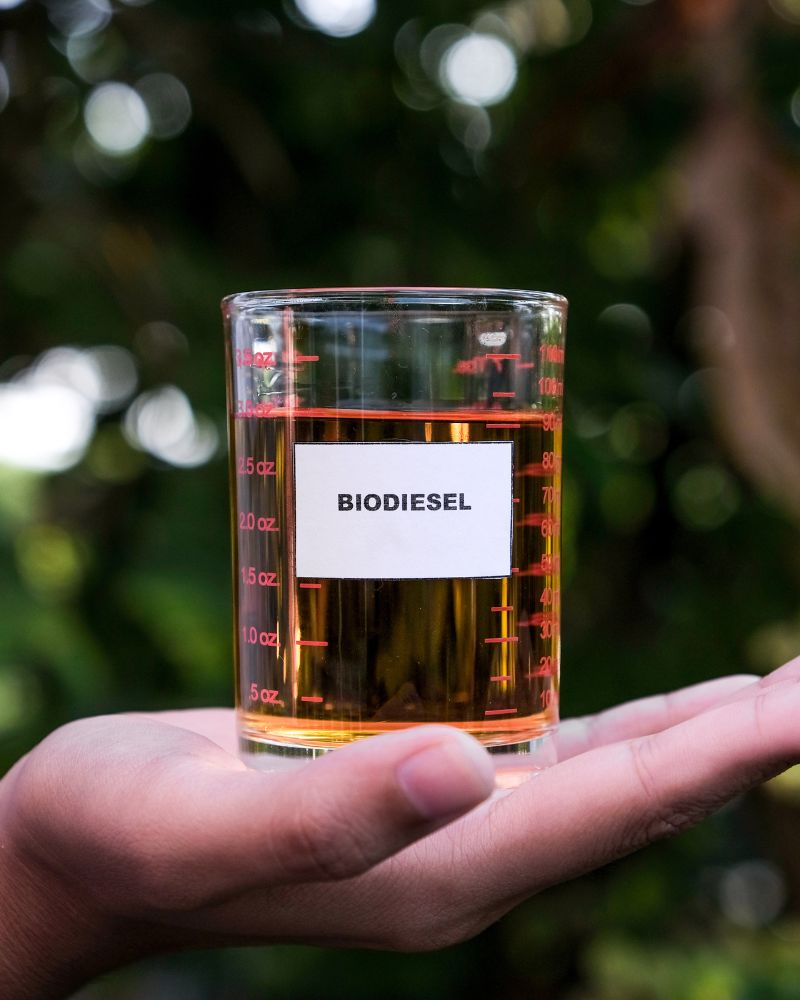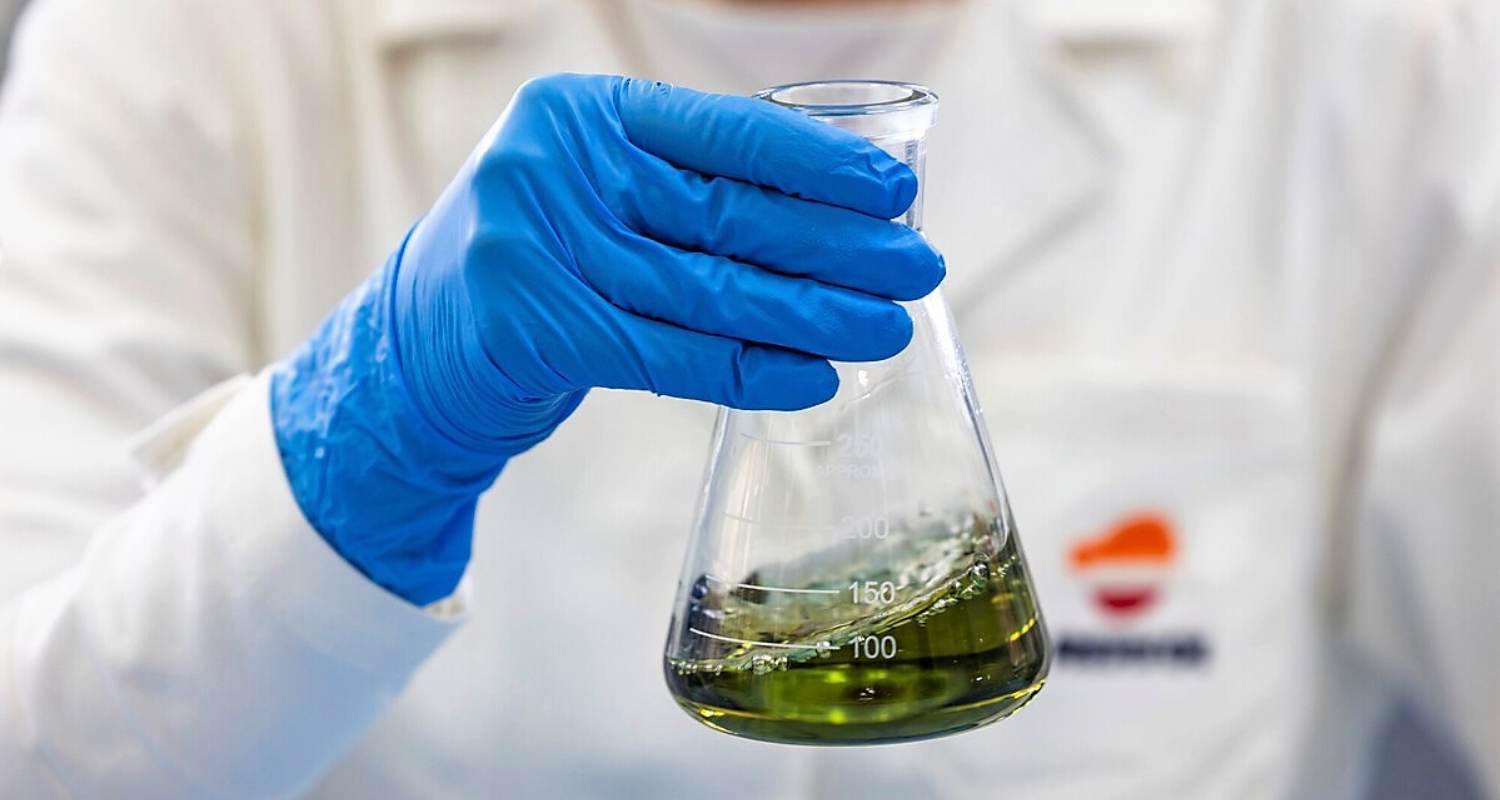Types of biodiesel
Types of biodiesel
Biodiesel can be classified in various ways, depending on the raw material it is made from. For example, depending on the raw material, the following types can be distinguished:
Biodiesel produced from vegetable oils
Biodiesel produced from vegetable oils
It is made from oil extracted from oleaginous plants such as rapeseed, sunflower, palm, soybean, and marine plants, such as algae. It is one of the most widespread methods of production, and raw materials are already being cultivated to produce biodiesel.
Biodiesel produced from animal fats
Biodiesel produced from animal fats
It is also possible to produce biodiesel from animal fats, by extracting and processing the lipids. In Spain, pork, bovine, or poultry fats are usually used.
Biodiesel extracted from used cooking oils
Biodiesel extracted from used cooking oils
This is the most affordable option and the one that most promotes the circular economy and recycling, as it consists of using used oil in homes, the catering businesses, or the agri-food industry.






